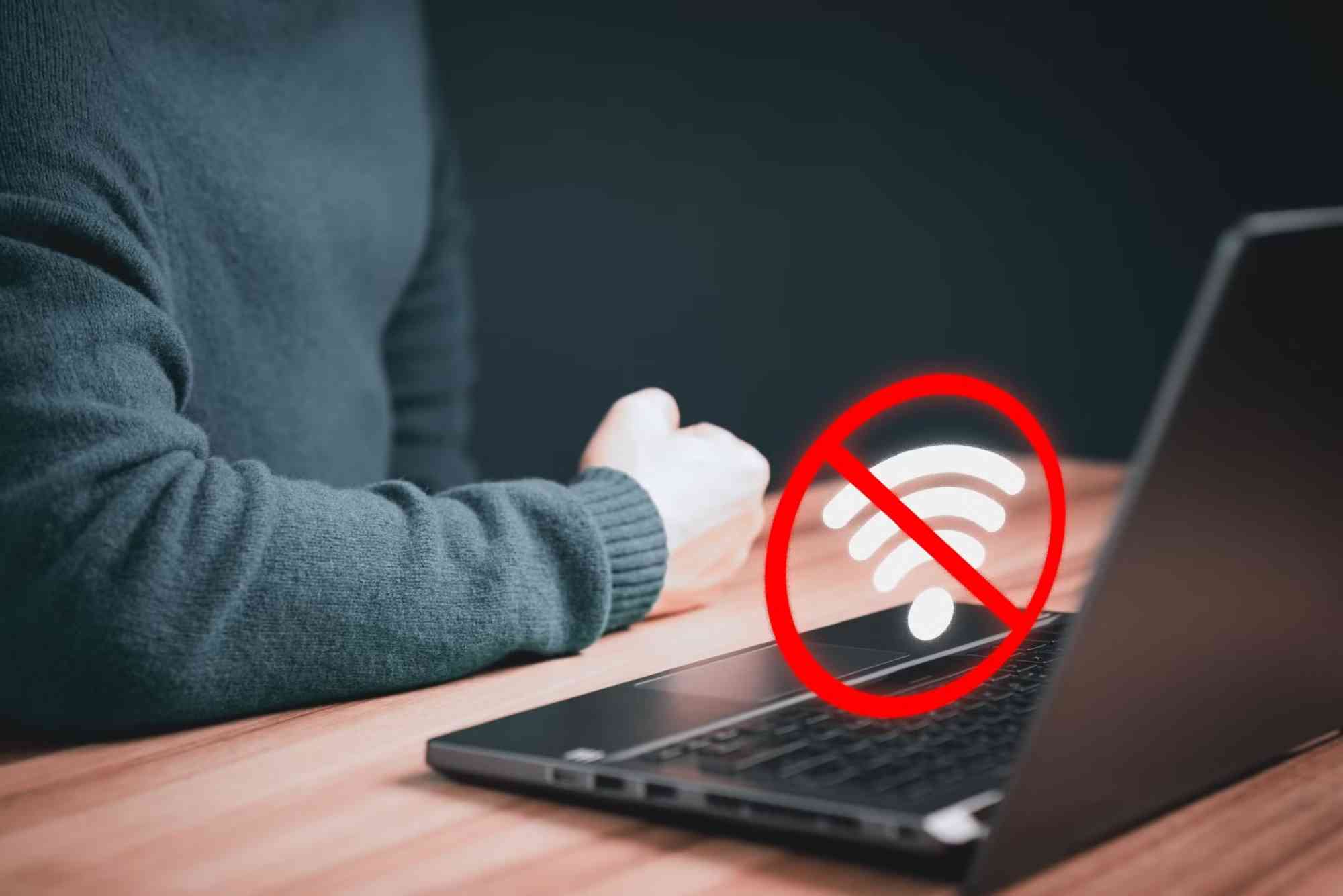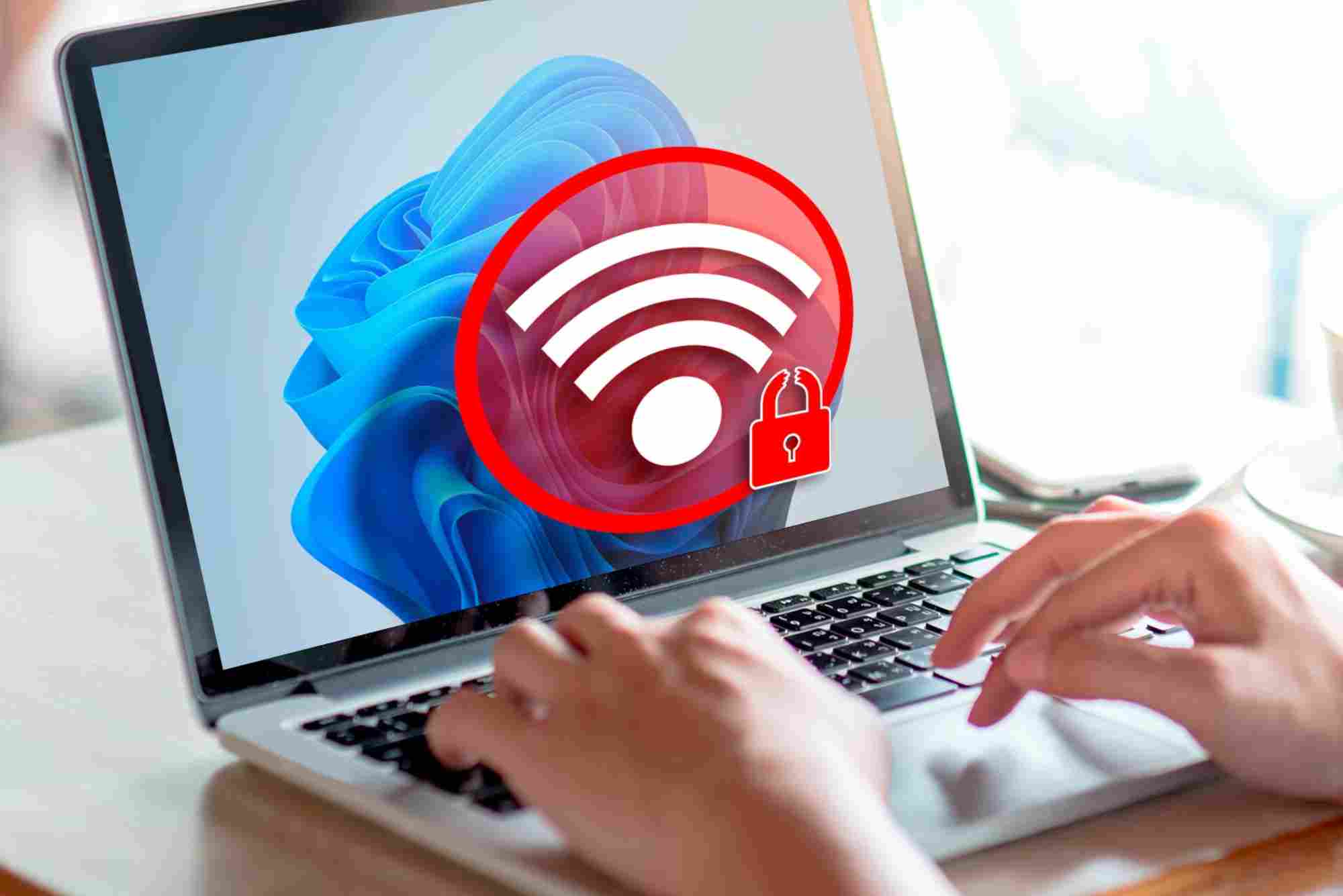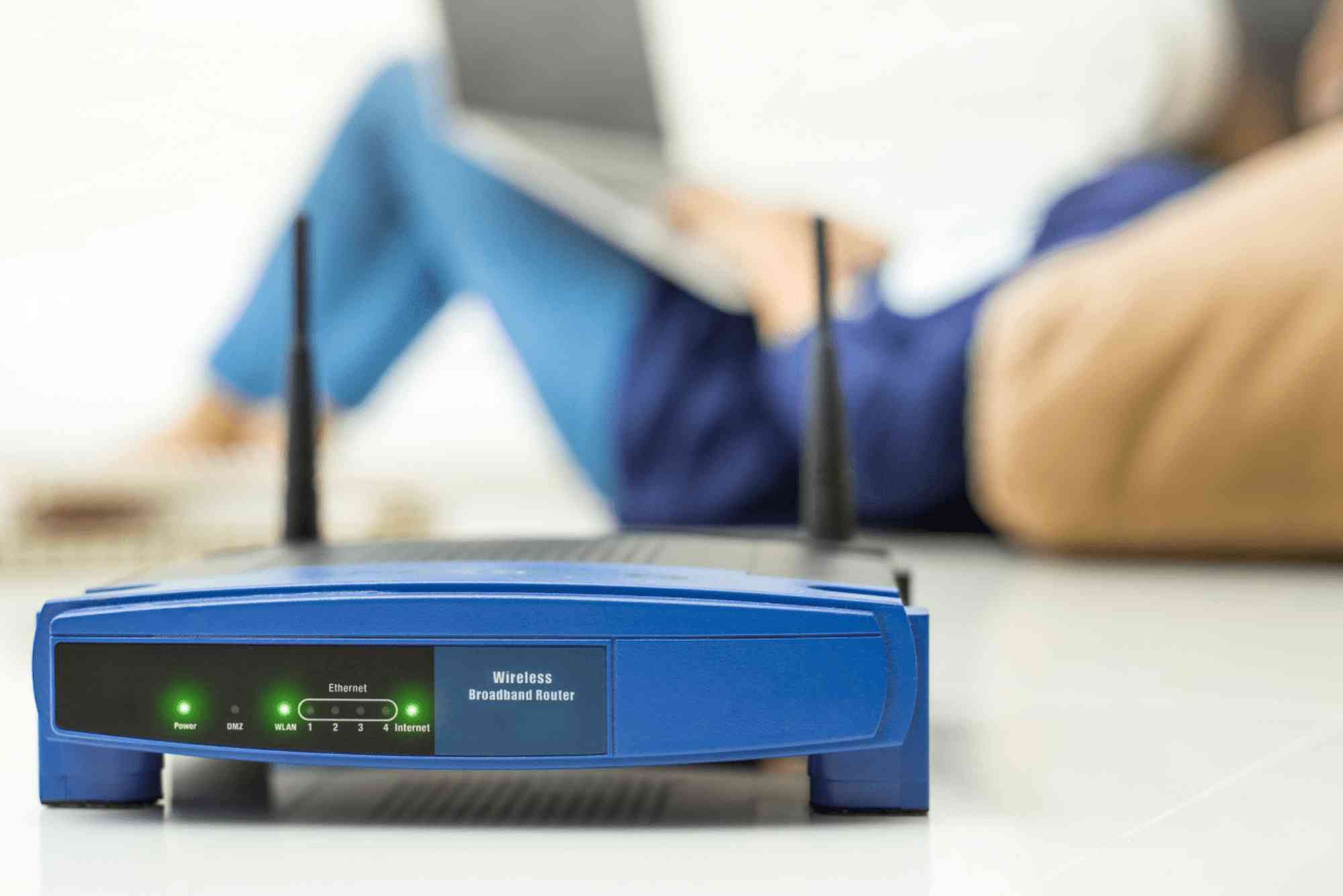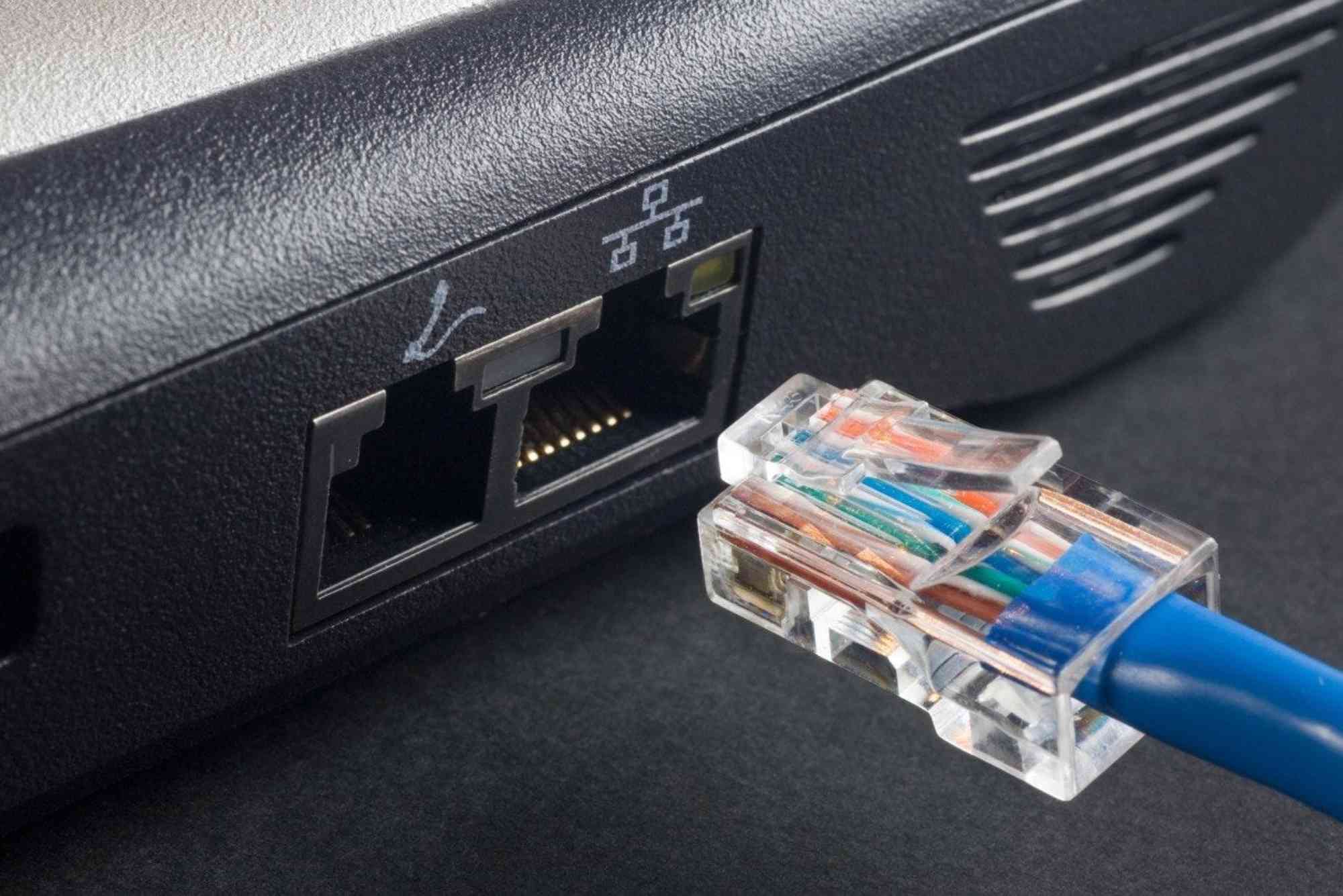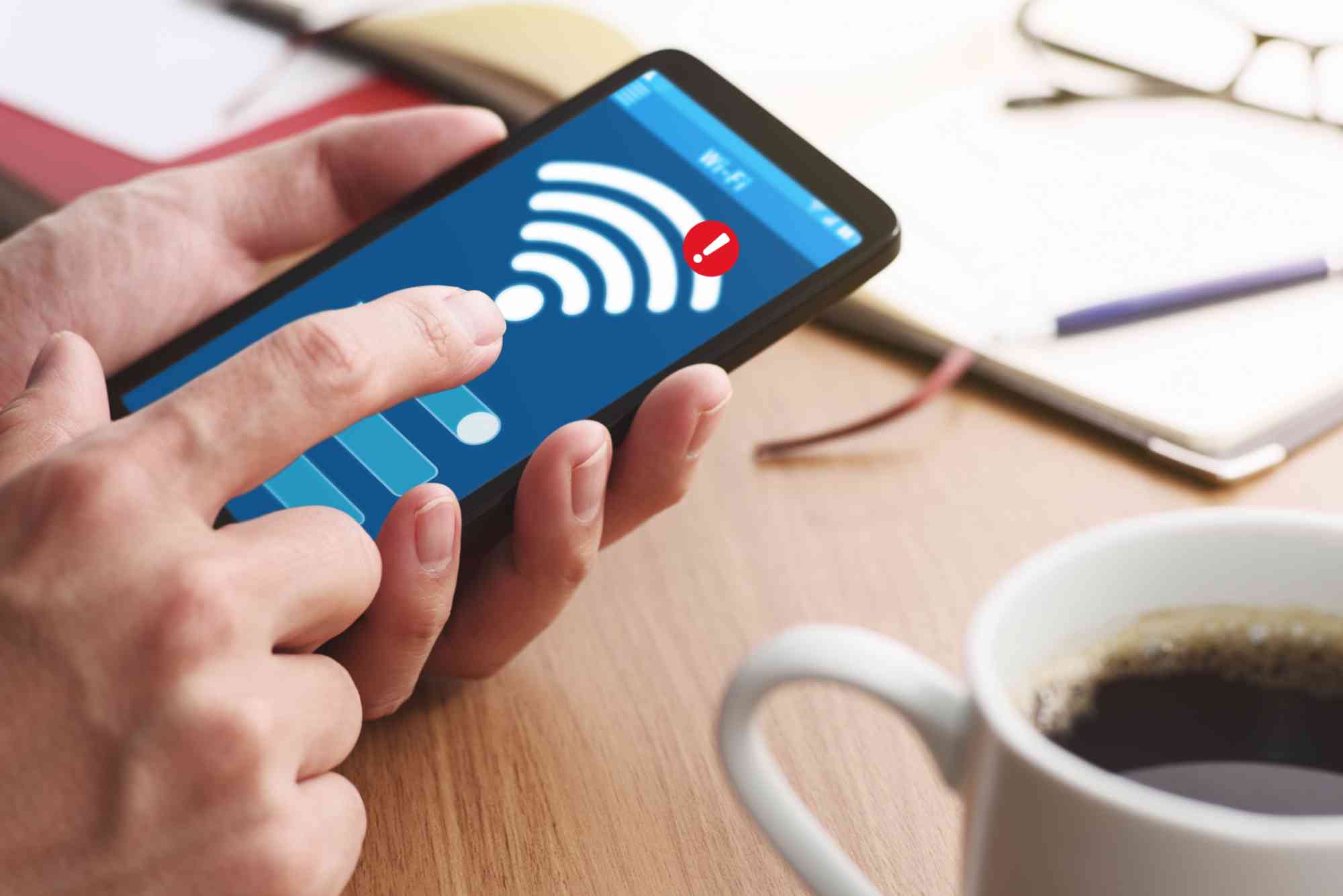How to Use Proxy Servers for Anonymous Browsing
In today’s digital age, online privacy has become a growing concern for individuals and businesses. With cyber threats, data tracking, and government surveillance on the rise, more people are looking for reliable tools to protect their identity online. One of the most effective methods is using a proxy server for anonymous browsing. By masking your real IP address, proxy servers provide a protective shield that allows you to surf the web without exposing personal details. Whether you want to maintain privacy, access restricted websites, or enhance security, a proxy server can be a powerful solution when used correctly.
What is a Proxy Server for Anonymous Browsing?
A proxy server acts as an intermediary between your device and the internet. When you send a request to access a website, the proxy server forwards that request on your behalf. Instead of your actual IP address being visible to the website, the proxy’s IP is displayed. This process makes it difficult for third parties, hackers, or tracking systems to know your real location or identity. A proxy server for anonymous browsing ensures that your online activities remain private while still allowing you to use the internet normally.
There are several types of proxies, including transparent, anonymous, and elite proxies. Transparent proxies offer minimal privacy, while anonymous proxies hide your IP but may still reveal that you are using a proxy. Elite proxies provide the highest level of anonymity because they mask your identity and prevent websites from knowing that you are using a proxy service.
Why Use a Proxy Server for Anonymous Browsing?
The internet is full of tracking technologies. From cookies to fingerprinting methods, advertisers and data collectors want to monitor your every move. Using a proxy server for anonymous browsing helps break this chain of tracking. It allows you to browse websites, use online services, and stream content without leaving a digital footprint that can be traced back to you.
One of the biggest advantages is access to restricted content. Many countries enforce censorship laws, and some websites limit content based on geographical regions. A proxy can help bypass these restrictions by allowing you to appear as if you are browsing from another location. This is especially useful for travelers, remote workers, and individuals living in regions with strict internet controls.
Additionally, proxy servers provide an extra layer of security. Hackers and malicious websites often target IP addresses. By hiding yours, you reduce the chances of being directly attacked. For businesses, proxies can also protect sensitive data and ensure that internal communications remain private.
How to Use a Proxy Server for Anonymous Browsing
Learning how to use a proxy server for anonymous browsing is not as complicated as it might seem. The process typically involves selecting a proxy service, configuring your device or browser, and testing the connection to ensure anonymity.
Choosing the Right Proxy Service
Not all proxies are equal, and choosing the wrong one could compromise your privacy. Free proxy servers are widely available, but they often come with risks such as data logging, malware, and slow speeds. Paid services usually provide stronger security, faster connections, and reliable customer support. Reputable providers like Dhanote Internet Services offer proxy solutions designed for safe and efficient browsing.
When selecting a proxy, consider your goals. If you need high anonymity, opt for an elite proxy. If you want to access blocked websites, ensure the provider offers IPs from multiple locations. For streaming or gaming, choose a service with low latency and high bandwidth.
Configuring Your Browser or Device
Once you have selected a proxy service, the next step is configuration. Most browsers and operating systems allow you to manually input proxy settings. For example, in Chrome or Firefox, you can go to network settings and enter the proxy’s IP address and port number. On Windows or macOS, you can adjust network preferences at the system level.
Some proxy services provide dedicated applications that make the process easier. These apps automatically route your traffic through the proxy server without requiring manual adjustments. They may also allow you to switch between different proxy servers with a single click.
Testing Your Proxy Connection
After setting up your proxy, it’s crucial to verify that it is working properly. You can do this by visiting an IP-checking website. If the displayed IP address matches your proxy’s IP instead of your real one, the connection is successful. To ensure anonymity, also check if websites detect that you are using a proxy. Elite proxies are designed to prevent detection, offering the most secure browsing experience.
Benefits of Using Proxy Servers
The advantages of a proxy server for anonymous browsing extend beyond privacy. For individuals, proxies help maintain online freedom. For businesses, they play a vital role in cybersecurity. They can also help organizations monitor employee internet use without compromising productivity.
Another key benefit is performance improvement. Some proxy servers cache frequently visited websites, which means that the next time you visit the site, it loads faster. Proxies can also help balance internet traffic, making browsing smoother during peak hours.
Common Mistakes to Avoid
While using proxies is beneficial, many users make mistakes that reduce their effectiveness. Relying on free proxies is the most common error. These proxies often log your activities and may sell your data to third parties. Another mistake is failing to use secure connections. Always pair your proxy with HTTPS websites to ensure that data is encrypted.
Users should also avoid assuming that proxies are the same as VPNs. While both tools provide anonymity, VPNs offer stronger encryption. A proxy alone may not be sufficient if you are dealing with highly sensitive information. For maximum security, consider combining a proxy with a VPN.
Proxy Server for Anonymous Browsing vs. VPNs
A common question is whether a proxy is better than a VPN. Both tools serve similar purposes but work differently. A VPN encrypts all your internet traffic and routes it through a secure tunnel, while a proxy only hides your IP. If your main goal is anonymity without heavy encryption, a proxy server for anonymous browsing is a lighter, faster solution. If you want total security and protection against advanced surveillance, a VPN may be a better option.
FAQs
Do proxy servers really make you anonymous?
Yes, proxies hide your IP address, but complete anonymity depends on the type of proxy and provider. Elite proxies offer the highest level of anonymity.
Is using a proxy server legal?
In most countries, using a proxy is legal. However, using proxies to commit illegal activities remains unlawful and can result in penalties.
Can I use a proxy on my phone?
Yes, both Android and iOS devices allow proxy configuration. Many proxy services also provide mobile apps for easy setup.
What is the difference between free and paid proxies?
Free proxies often log user data and provide limited speed, while paid proxies offer stronger security, reliability, and faster browsing.
Do proxies work with streaming services?
Yes, many proxies allow access to geo-restricted content. However, some streaming platforms actively block known proxy IPs, so choose a service with rotating IPs.
In an era where privacy is constantly under threat, using a proxy server for anonymous browsing is a practical way to stay safe online. By hiding your IP address, proxies protect you from hackers, trackers, and restrictions, giving you the freedom to use the internet securely. Whether you want to safeguard your personal identity, access geo-restricted websites, or improve browsing performance, proxies can be a valuable tool.

